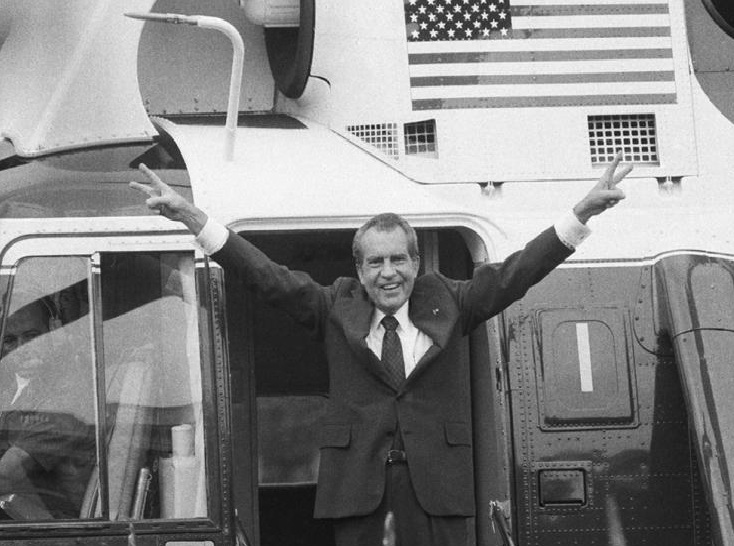Hertling, commanding general of the U.S. Army in Europe before retiring in 2012, also thinks a Nixon coup scenario by Trump is far-fetched. “The military takes an oath to defend the Constitution, not the percentage of people supporting the president,” he says. “I don’t know of any (general) who would violate the law, the Constitution and their oath to support such an order from the president.”

Forced into a corner, Trump may well—like the dictators he so envies—secretly welcome violent uprisings by his devotees. In addition to his inciting remarks after the Unite the Right rally in Charlottesville, Virginia, resulted in the death of a counterprotester by a white supremacist (“There are very fine people on both sides”), he blamed the media “for the anger we see today in our society” when an outspoken Trump zealot assaulted a Pittsburgh synagogue killing 11 and wounding six. Even more ominously, he rejected the CIA’s report pinning the killing and dismemberment of Washington Post columnist Jamal Khashoggi on Saudi Crown Prince Mohammed bin Salman. (“Maybe he did and maybe he didn’t!”)“How much further might he go in 2020, when his own name is on the ballot—or sooner than that, if he’s facing impeachment by a House under Democratic control?” Elizabeth Goitein, co-director of the Brennan Center for Justice’s Liberty and National Security Program, wrote in The Atlantic. He could declare another “national emergency,” like he did with the Central American caravan in Mexico, she wrote, “a decision that is entirely within his discretion.”
译文由可可原创,仅供学习交流使用,未经许可请勿转载。












